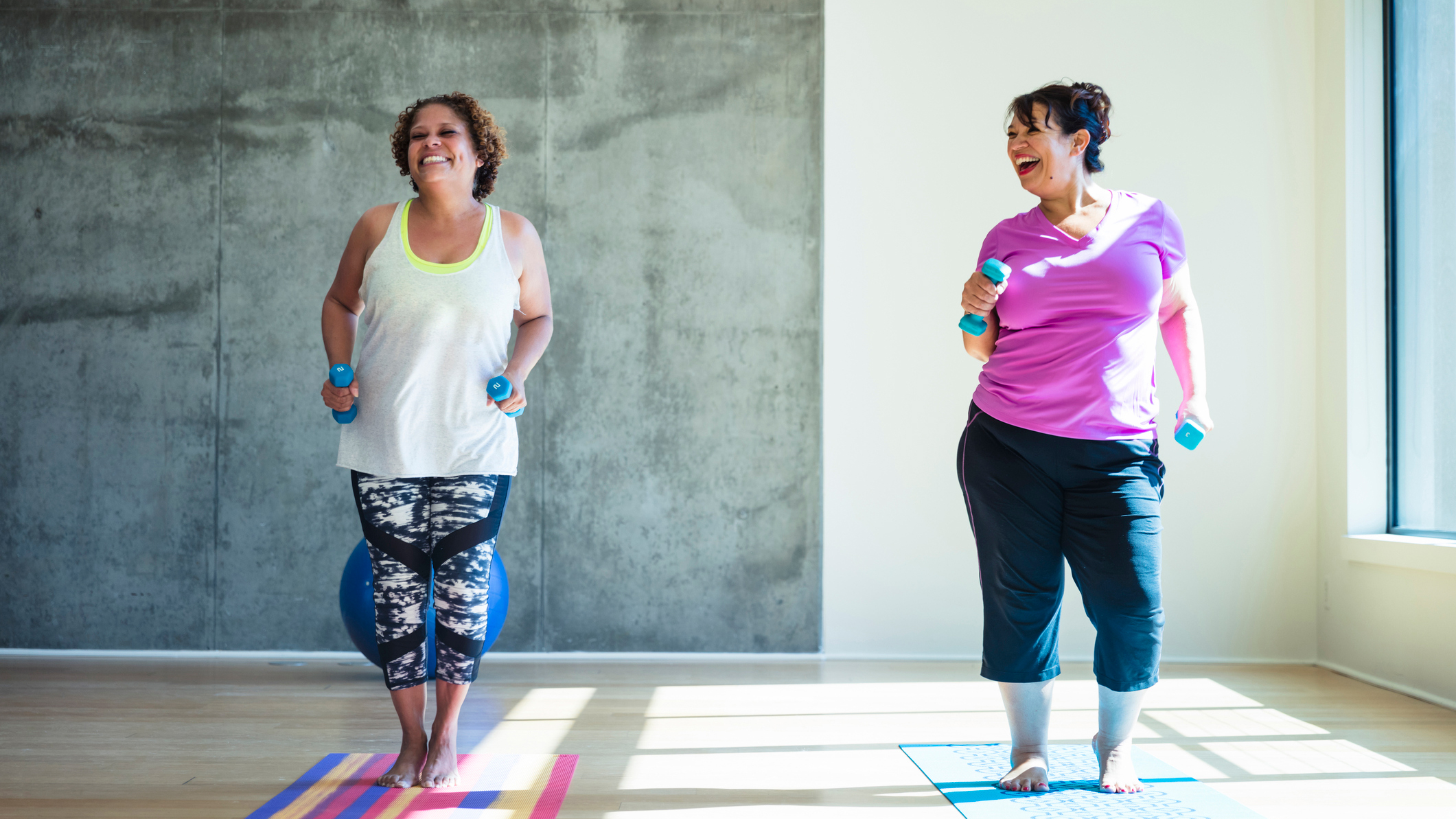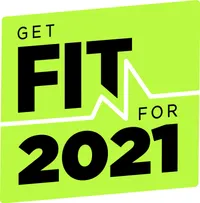How many minutes do you need to exercise each week to lose weight?
Got a bad diet? One new study found you'd need to exercise for a long time in order to see weight loss benefits


"You can't outtrain a bad diet" is a common phrase when it comes to weight loss. If you've just started a weight loss exercise programme and wondering when you'll get to see results, we've got bad news: if you're not also regulating your diet, you'll have to exercise for a long time – 300 minutes a week, in fact – to see any kind of weight loss progress.
The research, published in the journal Medicine & Science in Sports & Exercise, examined 44 adults between the ages of 18 and 40 with a BMI of between 25 and 35. According to the Centre for Disease Control and Prevention, a BMI of 25 or higher is considered to be in the "overweight" category, while higher than 30 is generally considered "obese".
Analysing the energy expenditure of the participants during exercise, the study found people would have to exercise for 300 minutes or more, over the course of a week, in order to burn enough calories to offset their diets and lose weight.
This 300 minutes is equivalent to exercising for an hour, five days a week. This is a lot of time in order to see results, especially for people just beginning their fitness journey. However, it's what was needed to offset the amount of calories the study's participants were taking in during the week.

Do you still want to lose weight, but don't fancy running or walking five hours a week? The solution is to adjust your diet, so you're not taking in as many calories. The less calories you have to offset, the faster you can lose weight.
If you're not sure where to start when it comes to finding the right diet for you, it's not surprising: from old-fashioned methods like the Mediterranean diet plan to modern approaches like keto or the paleo diet, we've got a whole host of resources in order to find the approach you feel is sustainable enough to follow.
When it comes to choosing a diet, sustainability is key: a lot of fad diets will promise fast results, but you won't want to follow them for very long. A healthy, sustainable approach with gradual results is by far your best bet.
Start your week with achievable workout ideas, health tips and wellbeing advice in your inbox.
All that's left to do is to make sure you're making the most of your alloted exercise time each week. High-intensity interval training is a great way to burn lots of calories very quickly, but as the name suggests, it's a very intense form of workout, which can be off-putting.
You might prefer to take up the Couch to 5K running plan, or even walking to lose weight if you're after a less intense way to work out.
Liked this?
Get Fit for 2021 with Fit&Well
As the sun rises on a brand new year, Fit&Well is here to help put last year behind you and make 2021 your happiest, healthiest yet. Here at fitandwell.com, we’ll be bringing you a wealth of workouts, diet plans and expert advice throughout January to help kick-start your health and fitness goals.
Matt Evans is an experienced health and fitness journalist and is currently Fitness and Wellbeing Editor at TechRadar, covering all things exercise and nutrition on Fit&Well's tech-focused sister site. Matt originally discovered exercise through martial arts: he holds a black belt in Karate and remains a keen runner, gym-goer, and infrequent yogi. His top fitness tip? Stretch.

